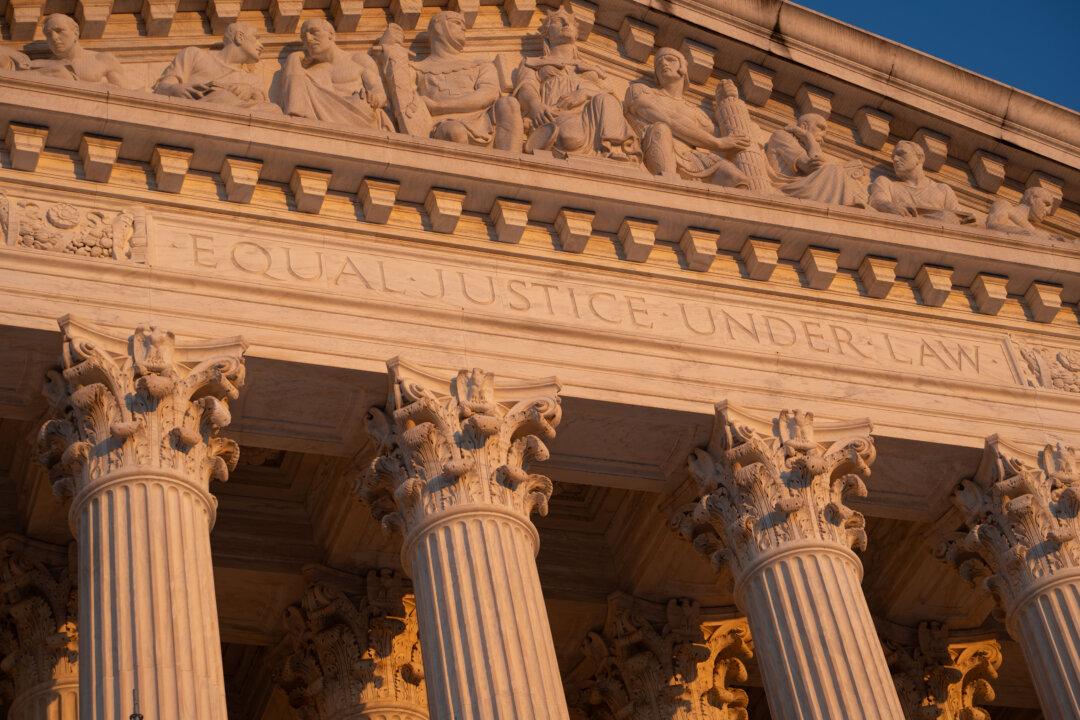The head of a whistleblower-protection agency whom the Trump administration wants to fire urged the U.S. Supreme Court on Feb. 18 to leave in place a lower court order blocking the firing.
The closely watched emergency government application, Bessent v. Dellinger, is the first appeal by the second Trump administration to the nation’s highest court. Applicant Scott Bessent is participating in the litigation in his official capacity as U.S. Treasury secretary.





